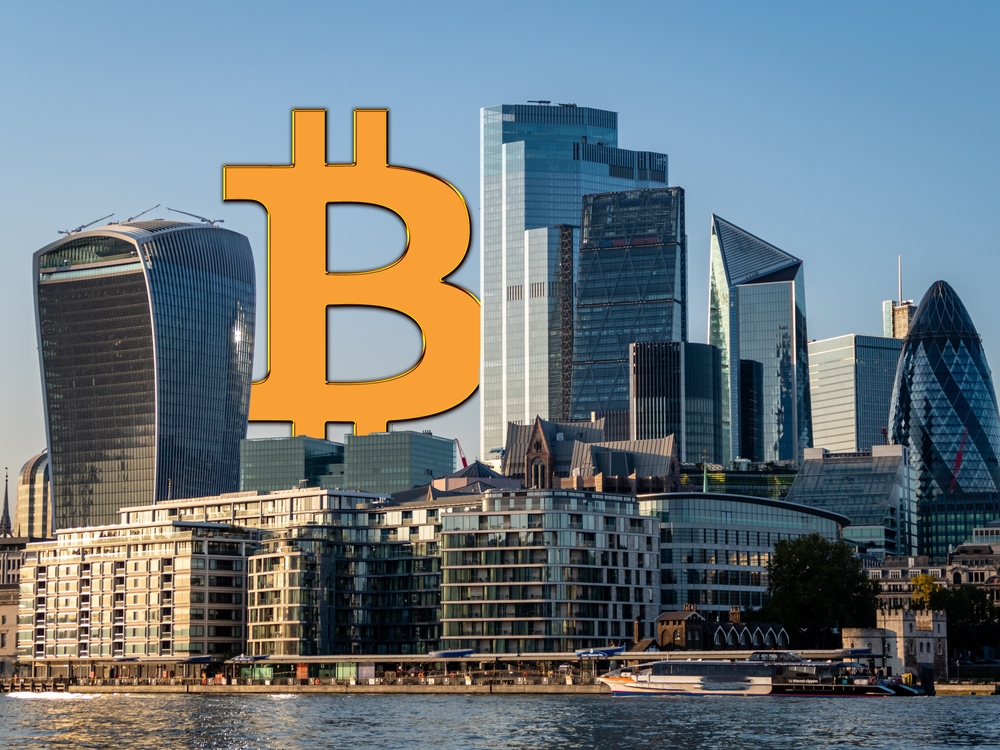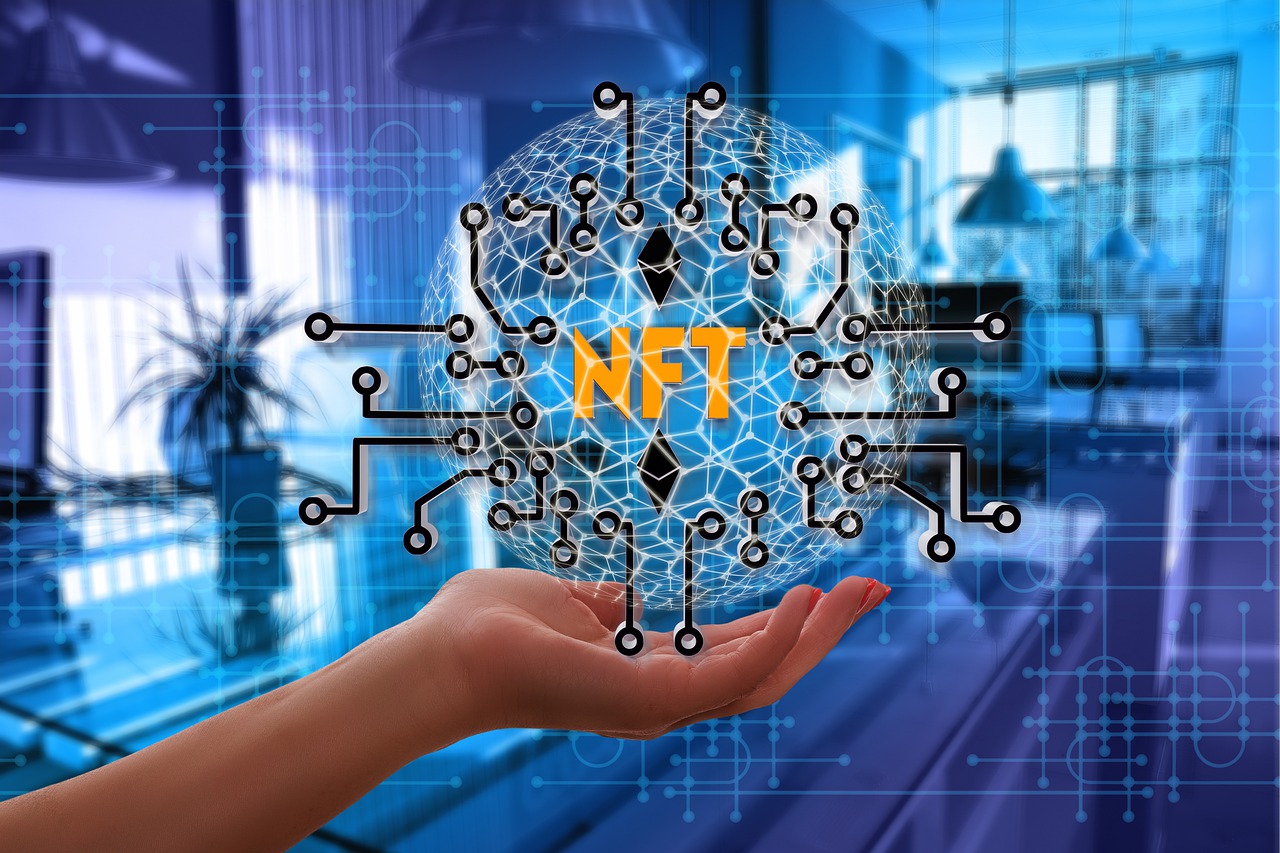What Happens Now That A UK Court Has Recognized NFTs As Personal Property?
The British Web service society applauded an essential court framework in early May when the High Presiding judge of Equality in London, the nearest analog to the US Court, governed that NFT is “private property.” However, there is a catch: the judge’s decision states that such a private land condition doesn’t prolong the real underlying subject matter that NFT reflects. Cointelegraph has spoken with constitutional lawyers to gain knowledge about how this choice might impact the legal environment in the UK
The injunction is an order against “unknown persons” because the personalities of the pocket owners are unidentified. Stevenson Legal Firm named a freezing emergency order “rather a restrictive (i.e. old fashioned as well as cruel) solution to fix,” trying to describe this as a “nuclear weapon” of the legislation in its remark just on the decision.
Going to follow the judicial order, Osbourne jubilantly declared:
“Women in Crypto Talks have formed to start making the differences that blockchain offers access to all, irrespective of age, sex, ethnicity, or backstory.” This instance must help in making the bitcoin room secure by empowering so many users to socialize to thrilling and impactful investments such as NFTs.”
The investment and the token
Racheal Muldoon, the court’s advisor, highlighted the ruling’s “immense significance,” telling it “eliminates any ambiguity that NFTs seem to be an asset in itself their self, distinguishable first from the item they portray, under English or Welsh legislation.” However, it is precisely this detail that has led some experts to doubt the court’s decision’s revolutionary significance.
Whereas NFTs already are treated as real estate by the Federal Inland Revenue Services in the US, the professed distinction here between symbol as well as the financial instrument does very little to replace the actual legislative emptiness in the United Kingdom and the US. “You get a token if you have a token.”
According to Emily Gould, assistant lead researcher of Craft and Law, throughout her opinion column on the particular instance, UK judicial branch’ choices, regulatory reforms, and gov’t studies in the last few years were progressively constant in categorizing digital currencies as assets.










